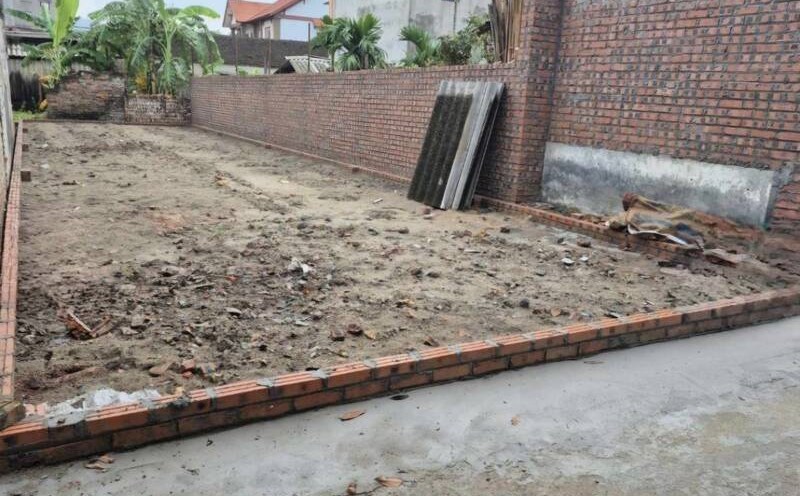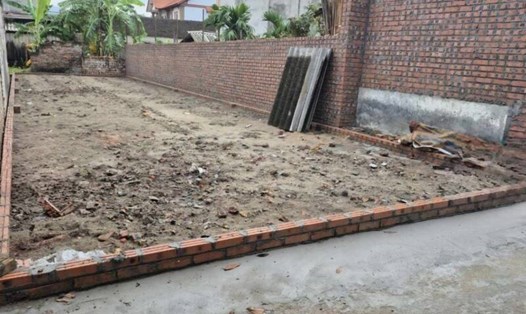After 3 laws related to the real estate market came into effect, the legal corridor for activities in the real estate market became clearer. However, in reality, there are still opinions about some limitations in implementing the regulations. One of them is the content related to land valuation. This is an issue that is causing a huge bottleneck.
Many businesses said that even though the decision to allocate land had been made, they still had to wait for months without being able to determine the land price. This caused great difficulty in implementing the project.
At the workshop "Applying land price list according to the 2024 Land Law", Mr. Le Hoang Chau - Chairman of the Ho Chi Minh City Real Estate Association (HoREA) - said that land valuation is not really harmonious between the parties.
The Chairman of HoREA said that one of the principles of land valuation is to harmonize the interests of three major entities: the State, land users and investors. However, in reality, this principle has not been fully ensured during implementation.
Problems may arise in the land purchase and compensation stages for project implementation, at which point land prices will be pushed up very high, causing an imbalance in the market.
“Therefore, I propose that, for localities that have issued adjusted land price lists, they need to conduct impact assessments right now.
"During the period from now until the land price list is applied on January 1, 2026, we should direct a preliminary review and assessment of the impact of the new land price list in these localities," Mr. Chau proposed.
Regarding the difficulties in determining land prices and calculating land use fees during the implementation of real estate projects, from the perspective of state management, Mr. Vuong Duy Dung - Deputy Director of the Department of Housing and Real Estate Market Management (Ministry of Construction) - said that it is necessary to see more clearly whether the key problem lies in legal regulations or in the implementation stage.
According to Mr. Dung, first of all, with the issued legal regulations, it must be affirmed that there are no legal problems in calculating land prices.
“The delay in the calculation process is not because we cannot calculate, but mainly due to the implementation organization. Therefore, it is necessary to clearly distinguish between legal problems and limitations in the implementation process to find appropriate solutions,” said Mr. Dung.

This person added that another point is that the increase in land prices has been affecting the implementation of real estate projects and real estate prices in the market.
However, it is necessary to analyze more clearly the impact of increasing land prices on real estate prices. Land use costs are only a part of the total cost of real estate projects.
The increase in real estate prices can be affected by the increase in land prices but can also be due to other factors, such as construction investment costs, sales costs, etc.
Therefore, in addition to adjusting land prices, it is necessary to comprehensively consider other cost factors and the role of businesses in controlling costs to ensure that real estate prices are not pushed up too high, causing negative impacts on the market.
"From the perspective of the Ministry of Construction, we have also conducted many studies and reported to the Government on the impact of increasing land prices on real estate prices.
Through these studies, we found that land price increases certainly have an impact on real estate prices, and it is necessary to clearly identify the specific rate and level of impact.
Therefore, we need to have a truly objective and scientific view to properly assess the level of this impact, thereby proposing appropriate solutions to effectively control and regulate the real estate market," said Mr. Dung.











